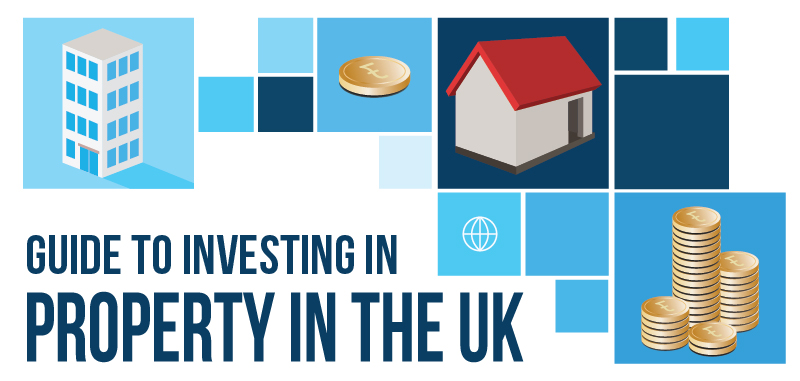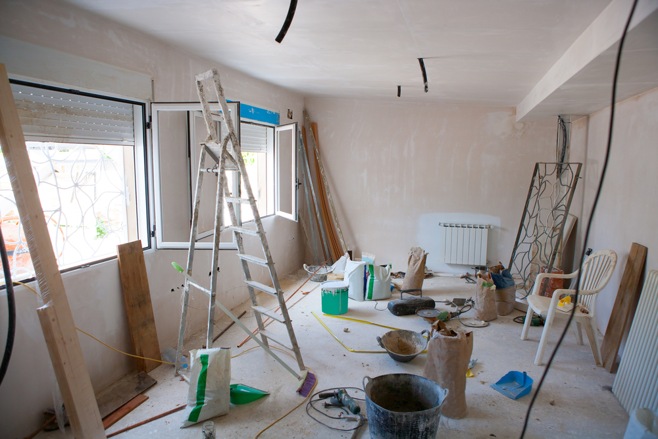Guide to Investing in Property in the UK
Feb 10 2017
Darren Best

Firstly, you need do decide what you want to do with your property. Are you buying it:
A) To deliver you a regular income or because you’re wanting its value to grow so it delivers you a windfall or retirement pension down the line?
B) As a doer-upper in the hope of receiving a fast profit
If your answer is A:

Photo credit: Ditty_about_summer/Shutterstock
- Be aware that being a landlord is not an easy way of making money! Landlords pay income tax on earnings from a buy-to-let property and might also have to pay capital gains tax if they sell. Recent changes to the law have seen a 3% increase in stamp duty on buy-to-lets, and by 2020/21, landlords will not be able to offset all their buy-to-let mortgages against income tax, instead receiving 20% of their mortgage costs as a tax credit to offset against mortgage costs. This could seriously affect your ability to break even, let alone make a profit, with a buy to let, and is well worth bearing in mind.
-
The golden rule is that buying an inexpensive property in a more depressed market will bring you a higher yield than if you buy in an expensive area where the bigger rent will be wiped out by much higher entry costs. However, the property’s value is likely to rise more slowly than in an already up-and-coming market, so you’ll need to factor this into the return you expect to see on your investment.
- Do the maths and be sure that the investment you make on purchasing the house and renovating it will be returned by the amount of rent you can realistically expect to achieve. Don’t price yourself out of the market - experts say to invest for income not short term capital growth.
- As a rule, the bigger your deposit, the better your buy-to-let investment will be. It may be worth looking into crowd property funding or peer to peer lending to help finance your investment, but tread carefully and with caution, and always read the small print!

Photo credit: Number1411/Shutterstock
- Shop around for the best buy-to-let mortgage, as they can differ enormously from provider to provider.
- Interest rates, which have been at historic lows, WILL rise again. If you have a buy-to-let mortgage, make sure your investment will be able to stand up to this, when the time comes!
- Landlords have a lot of responsibilities! Unless you live locally and are prepared to be on call 24/7, you will probably need an agent to manage the property for you – which costs money. As a landlord, you are legally responsible for your tenants’ safety, which means gas appliances and electrics must be checked, furniture must meet safety standards, etc. For a full list of responsibilities, visit www.landlord.org
- Look after your tenants. A landlord’s biggest dread is the void period between tenants, when your property is costing you money but earning you nothing. Foster good relationships with your tenants, as reliable tenants are worth hanging onto!
If your answer is B:

Photo credit: holbox/Shutterstock
- Be aware that you are taking a risk! Some doer-uppers can get you more house than you could otherwise afford and deliver a tidy profit with a few basic changes – but others are money pits that will drain you emotionally and financially dry!
- Are you able to do the work that needs doing yourself? If not, you’ll have to hire builders and plumbers and electricians – and this may well hoover up any profit you can expect. Realistically, unless you have these skills yourself, it may not be worth taking on a fixer-upper. Be honest with yourself about what you can do!
- Make sure that you’re paying considerably less for your house than other properties in that area - otherwise you can’t hope to make a profit when you sell.
- Make sure it doesn’t need huge amounts of structural work – cosmetic changes are obviously best!